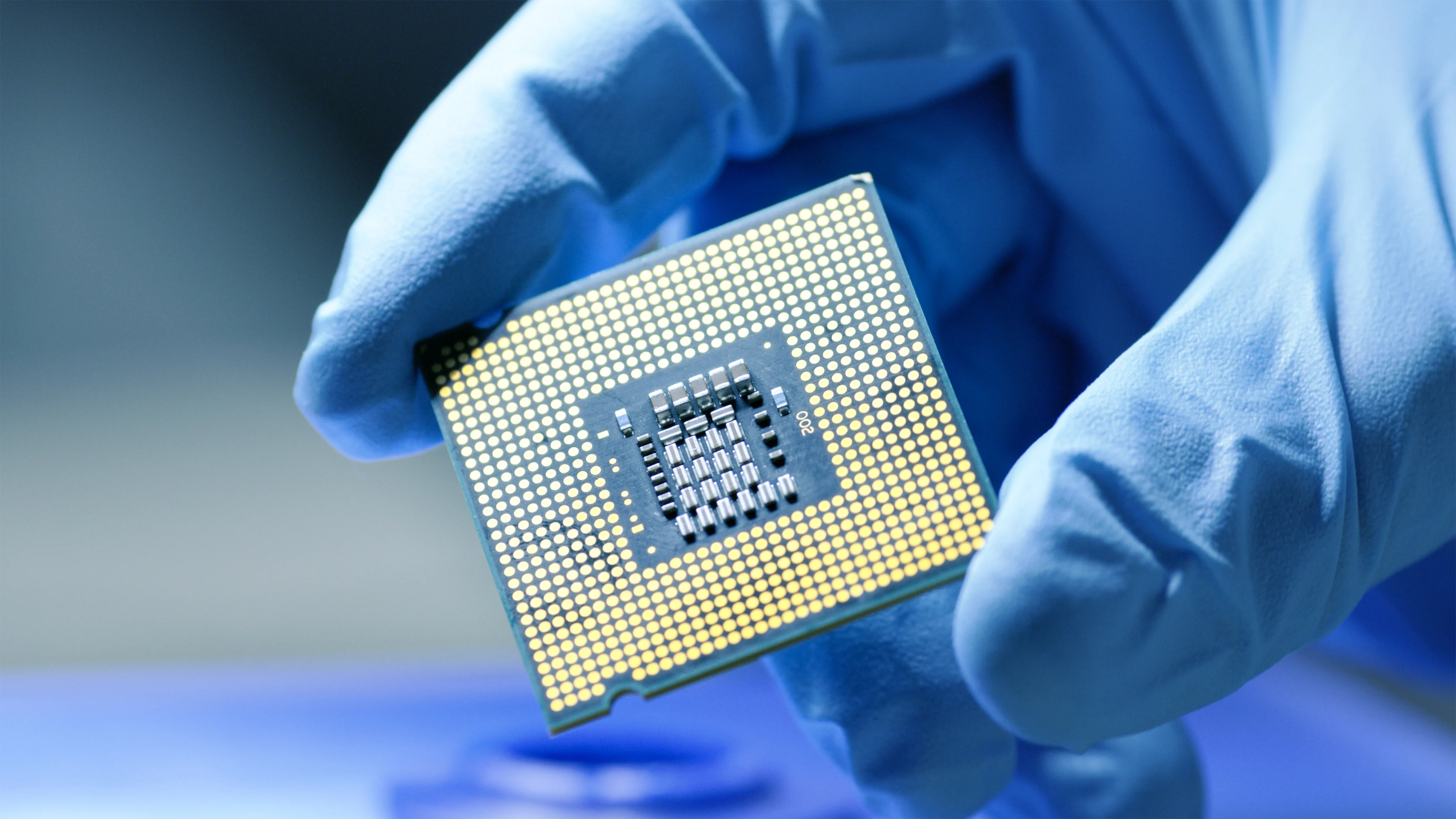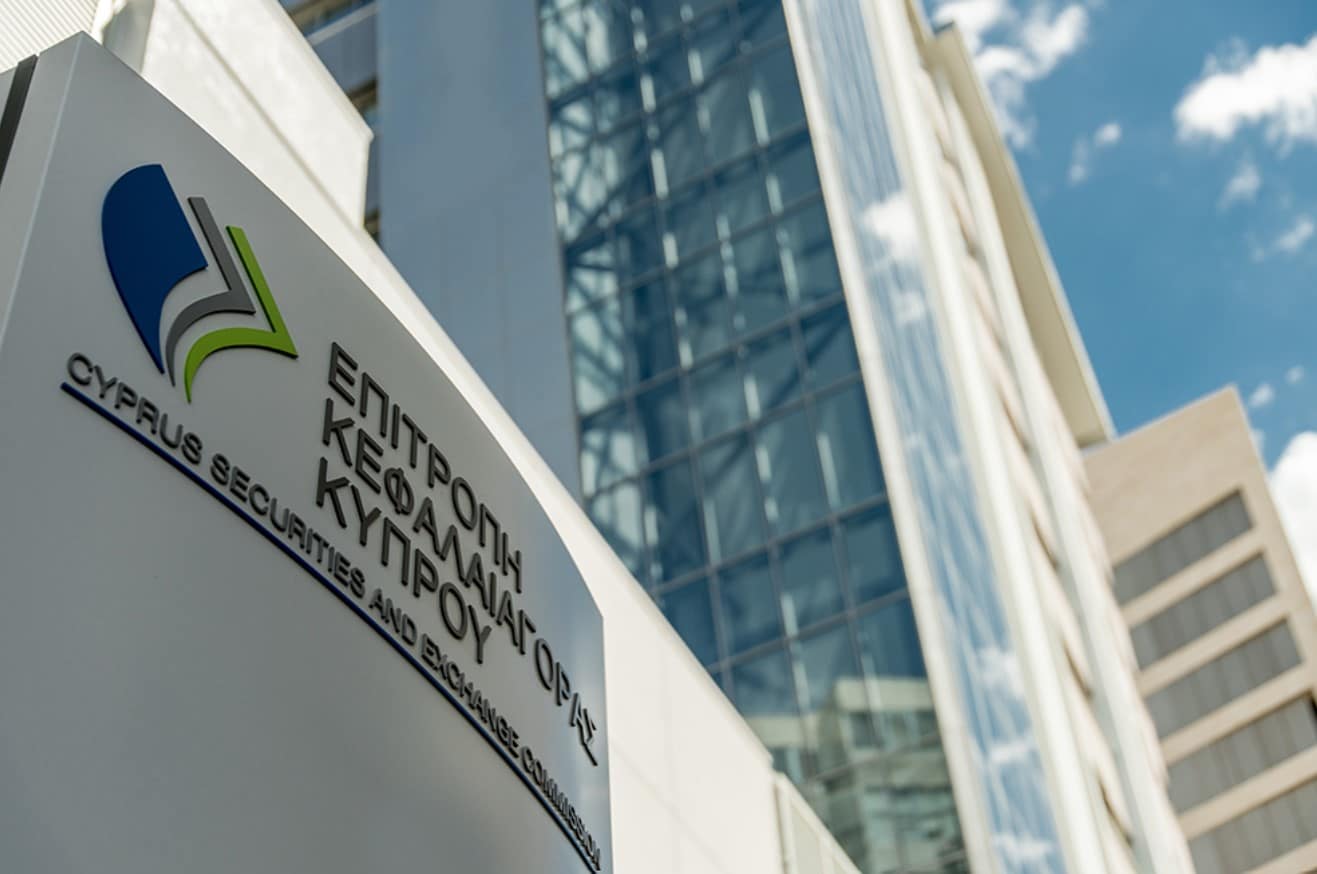Copyright scmp

Shanghai-based artificial intelligence chip start-up MetaX has stepped into the spotlight after winning approval last week from Shanghai’s exchange to list on the city’s Nasdaq-style Star Market, underscoring both China’s accelerating AI investment and its potential to challenge US chip giant Nvidia. Known in Chinese as Muxi, MetaX was founded in 2020 by three veterans of US chipmaker Advanced Micro Devices (AMD) – chairman Chen Weiliang and co-chief technology officers Peng Li and Yang Jian. The company runs research and development centres across Beijing, Nanjing, Chengdu, Hangzhou, Shenzhen, Wuhan and Changsha. While MetaX has cleared a key regulatory hurdle by passing the exchange’s hearing, it still requires final approval from the China Securities Regulatory Commission before it can proceed to a listing. As a fabless chip designer, MetaX designs microchips but does not manufacture them. The company produces N-series graphics processing units (GPUs) for AI inference, C-series chips for general-purpose computing and G-series processors for graphics rendering. It has also built its own computing platform, MXMACA, designed to be compatible with mainstream GPU ecosystems such as Nvidia’s CUDA. The firm’s latest flagship general-purpose processor, the MetaX C600, launched in July. It integrates HBM3e high-bandwidth memory and supports FP8 precision, a format that allows faster AI model training with lower power use. Featuring 144GB of memory, the chip is described as “fully domestically produced”, with mass production targeted for year-end. Backed by its founders’ engineering pedigree and alignment with Beijing’s push for semiconductor self-reliance, MetaX has become a favourite among investors. It has raised over 10 billion yuan (US$1.4 billion) across nine funding rounds, reaching a valuation of 21 billion yuan in its latest round. Its backers include prominent venture capital firms such as HongShan Capital Group (formerly Sequoia China), Matrix Partners China, CTC Capital, ZhenFund and Lightspeed China Partners, along with state-linked investors including the Shanghai Science and Technology Innovation Fund and the Pudong District Fund. According to its prospectus, MetaX aims to raise 3.9 billion yuan from the initial public offering (IPO) to fund projects including the “development and industrialisation of next-generation high-performance general-purpose GPUs” and “AI-inference GPU development and industrialisation”. Despite rapid growth, the start-up remains loss-making. Operating revenue surged from 426,400 yuan in 2022 to 743 million yuan in 2024, with first-quarter 2025 revenue hitting 320 million yuan. But net losses widened from 777 million yuan in 2022 to 1.41 billion yuan in 2024, with a further 233 million yuan loss in the first quarter of 2025. MetaX’s debut coincides with reforms to the Star Market, which this year introduced a “Growth Segment for Sci-Tech Innovation” allowing pre-profit firms in strategic industries to list – a change designed to welcome high-growth, capital-intensive start-ups like MetaX. As of March, the company reported cumulative sales of more than 25,000 GPUs, with major clients including China’s state-guided AI computing hubs and intelligent computing centres run by telecoms carriers. Citing Bernstein Research, MetaX noted that in 2024 Nvidia and AMD held 66 per cent and 5 per cent of China’s AI accelerator market respectively, while Huawei Technologies’ HiSilicon accounted for 23 per cent and MetaX about 1 per cent. Bernstein projects that China’s AI capital expenditure will soar from US$60 billion in 2024 to US$147 billion by 2027, as global demand for computing power surges amid an AI arms race. Beijing has doubled down on building a self-reliant chip supply chain amid tightening US export controls. “We went from 95 per cent market share to zero,” Nvidia CEO Jensen Huang said in an interview with Citadel Securities last week, referring to the company’s plunge in China following US sanctions and reported government guidance from Beijing discouraging Chinese firms from buying Nvidia chips. China’s domestic GPU ecosystem is rapidly diversifying. Alongside major tech players such as Huawei’s Ascend, Alibaba Group Holding’s T-Head, Baidu’s Kunlunxin and ByteDance, a cluster of start-ups has emerged. Among the four leading GPU designers – Moore Threads, MetaX, Biren Technology and Enflame – the first two have already passed listing hearings, while Biren and Enflame remain in earlier IPO stages.



